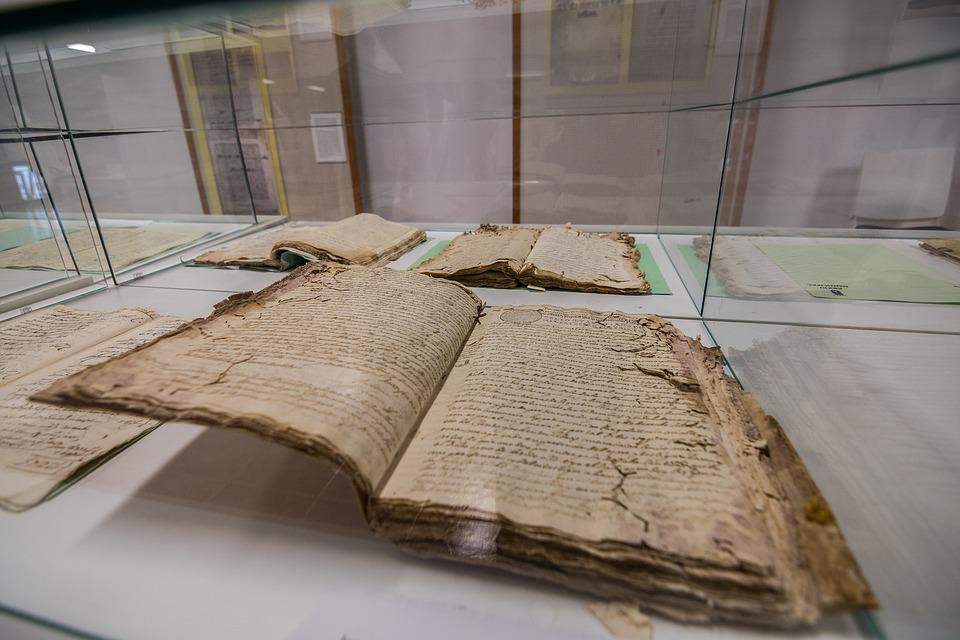Archival and library holdings are often compromised by deterioration processes in paper materials caused by biotic agents such as mold and insects. Research, published in International Biodeterioration & Biodegradation, and coordinated by researchers from theInstitute of Chemistry of Organometallic Compounds of the National Research Council (CNR-Iccom), has shown that crystals containing terpenes are effective in protecting archival and library heritage. Volatile organic compounds from essential oils such as thymol, carvacrol and eugenol, with high levels of antimicrobial and insect repellent activity, become tools for controlling paper degrading agents.
The study is coordinated by researchers from the Institute of Chemistry of Organometallic Compounds of the National Research Council (CNR-Iccom), together with researchers from the Institute of Biosciences and Bioresources (CNR-Ibb), theInstitute for the Sustainable Protection of Plants (Cnr-Ipsp), and the Institute of Cultural Heritage Sciences (Cnr-Ispc), and was joined by the National Central Library of Florence, the University of Parma and the University of Palermo.
“For a long time, ethylene oxide gas was used, but it proved to be extremely toxic and carcinogenic to humans. Among the physical methods used, gamma irradiation is the most successful but can compromise the structure of the paper,” explained Andrea Ienco of CNR-Iccom, who co-directed the study. “Essential oils extracted from plants and volatile organic compounds (Voc), their main constituents, constitute a class of substances with multiple biological properties, including a pronounced antibacterial, antifungal and insect repellent effect. The volatility of these substances, however, undermines their long-term efficacy, a not insignificant aspect for their use.”
This is where the experimental part of the research came in, with evaluations of some species isolated from a book depository in Florence’s Forte Belvedere. “Volatile organic compounds contained in essential oils such as thymol, carvacrol and eugenol were stabilized within crystalline networks of β-cyclodextrins and phenazine-based cocrystals, forming a crystalline solid. These formulations, obtained through solvent-free methodologies, allow their antimicrobial activity to be exploited as a valuable tool for the control of paper degrading agents, as easy-to-handle powders suitable for indirect contact treatment of paper articles,” added the CNR-Iccom researcher.
“The release of the active ingredient is promoted by increasing temperature and humidity, thus allowing an increase in the concentration of the active ingredient under the same conditions that also promote fungal growth,” Ienco concluded. “The compounds we have studied may pave the way for their use as antimicrobials for use in archives and museums, which are often places of intense biodeteriogenic activity.”
 |
| New study to save books from paper deterioration caused by mold and insects |
Warning: the translation into English of the original Italian article was created using automatic tools. We undertake to review all articles, but we do not guarantee the total absence of inaccuracies in the translation due to the program. You can find the original by clicking on the ITA button. If you find any mistake,please contact us.